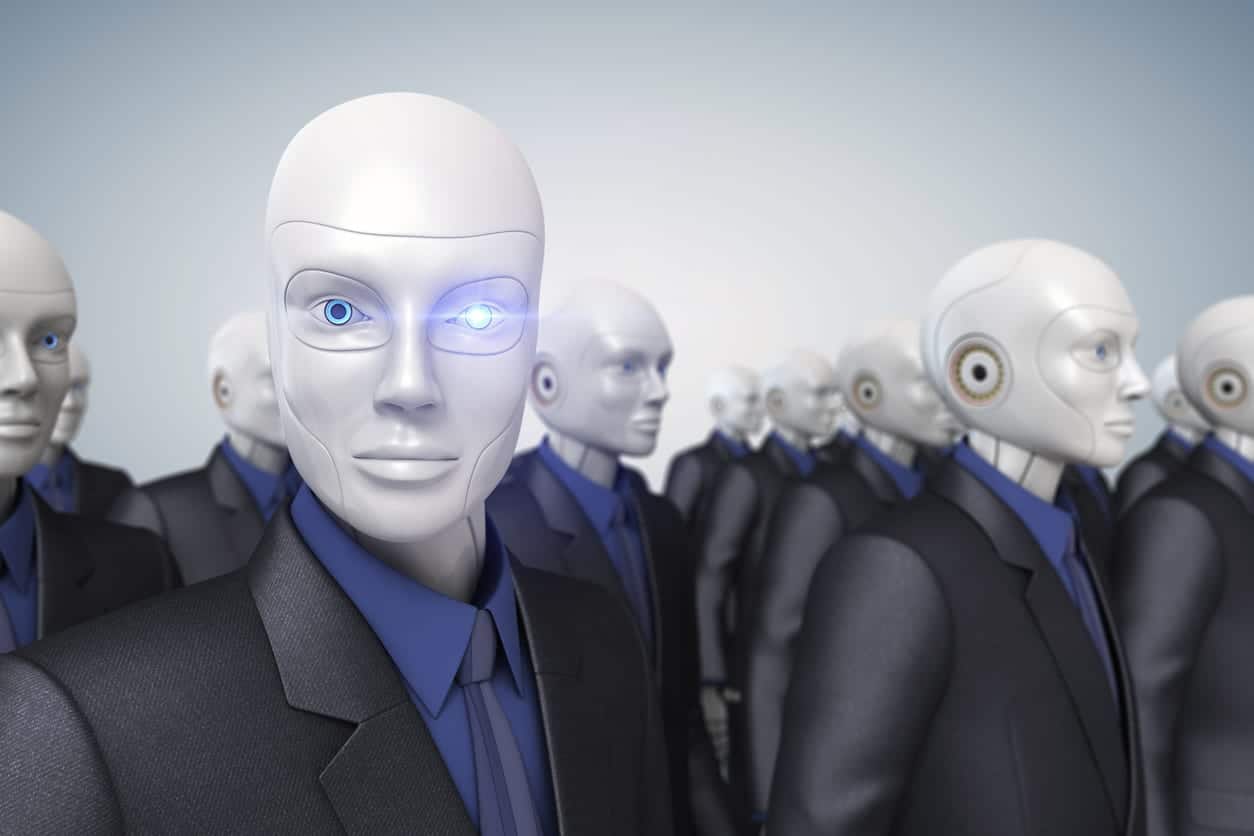By Bryan Orr
Hollywood science fiction has been warning us for years that our jobs and even our lives are in danger when the robots get too smart. From good robots replacing health care workers in Big Hero 6, to sorta good, sorta bad robots keeping us from harming ourselves in iRobot, to very bad robots killing us all in Terminator.
While there are certainly very real economic and moral issues surrounding the questions of automation, artificial intelligence, and machine learning, I want to explore the question a little closer to home: When will YOU and I be replaced by machines?
First, we have the reasons why we could be replaced:
- Quality – If a machine does a better, more consistent job.
- Efficiency – When the machine can do much more of it in a shorter time.
- Safety – Is there a significant risk of injury and legal liability to do your job that could be removed if a machine did it?
- Cost Effectiveness – When a machine can do the same work at a lower cost.
Machines do, and likely always will have certain drawbacks, such as the ability to understand complicated social context, take subtle behavioral cues and the ability to travel over mixed terrain.
Unlike past generations when machines often just optimized human labor, allowing us to perform physical tasks more quickly and inexpensively, this new wave of automation is starting to replace tasks previously performed by human intellect, and sometimes doing parts of the job quite a bit better.
The “canary in coal mine” has already fallen and we are already seeing some jobs that are disappearing because of these new types of automation. Some examples are travel agents and tax preparers. While both of these professions still exist, the workforce is greatly reduced and the human element has been largely replaced by computer software. We see a few things that make a job more likely to be replaced, or greatly augmented by technology.
Mobility
When the work is all or mostly performed from one place it is easier to replace with technology. A clerk who works at a desk is much easier to replicate than a trail guide. It is more likely that automotive techs in a stationary garage will be replaced by technology before a field bulldozer mechanic.
Repetition
If your job involves doing the same task over and over it is MUCH more likely to be replicated by a robot or automation than a job with a high level of variability. This is why a financial planner is more likely to be replaced with an algorithm than a criminal attorney.
Human Relationship
Jobs that are in the business of building human connections like pastors, counselors, and coaches are unlikely to be replaced by technology in any significant way. When the very job itself is to BE HUMAN, it’s hard to replace that with a robot (just don’t tell that to characters in AI).
Financial Benefit
This one may sting a bit, but if you make good money, it is more cost effective to replace you with technology. One big downside to technology is the upfront cost, but if you represent a high cost it is more likely that your clients will look for technological ways to reduce that expense. This is why many are choosing computer programs over financial planners, but still hire a lawn professional instead of buying a robotic mower.
Level of Expertise
Finally, the best will always rise to the top. Computer intelligence is only as good as the minds that create it (don’t tell me about “singularity” I get it, but I don’t buy it). If you are on the very top of your profession it is very unlikely you will be replaced by technology.
Tell that to the guy who was the best at making wagon wheels, right?
But seriously, don’t lose hope, stay on top of your game and keep innovating and creating in your specific field. Your robot overlords may need you someday.

